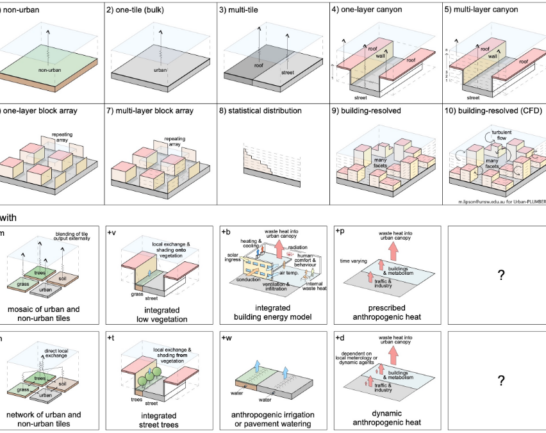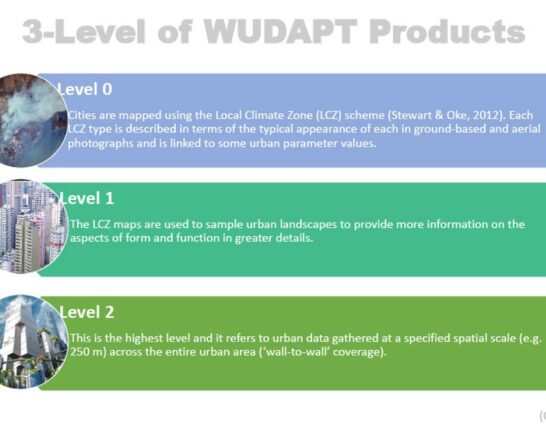The 2024 Fall Intake is Now Open for the Master’s Degree Program in Disaster Risk Reduction and Resilience (MDR3), at the National Taiwan University
…
We are delighted to annonce that the Master’s Degree Program in Disaster Risk Reduction and Resilience (MDR3) at the International College of National Taiwan University is currently accepting applications for the 2024 Fall Intake! The deadline for application to the Fall entrance is February 19, 2024.
MDR3 is an interdisciplinary and international program crafted for resilience, risk assessment, and management, encompassing climate change adaptation and contingency planning. Tailored for professionals such as researchers, policy experts, and industry leaders, the program is crafted to develop sustainable solutions for mitigating risks and enhancing resilience in our ever-changing climate. This includes gaining insights into urban climate dynamics and implementing nature-based solutions to alleviate heat hazards.
Here are key highlights of the program:
– Global Learning Environment: MDR3 offers a fully English-taught program, providing you with the tools to thrive in an interconnected world.
– Cutting-Edge Curriculum: Our comprehensive curriculum blends theory and research with hands-on clinical training, preparing students to tackle real-world challenges.
– Research meets Reality: Bridge the gap between academic rigor and practical application, turning knowledge into impactful solutions.
– Prestigious Institution: Join the esteemed National Taiwan University, a hub for academic excellence, and connect with a network of students, researchers, and industry leaders.
For more details and to apply, please visit our program page. Additional admission information can be found here: https://mdr3.ntu.edu.tw/news/All/detail/%E3%80%90-Call-for-Applications%E3%80%912024-Spring-Intake-is-Now-Open-to-International-Students?fbclid=IwAR0ZursnxtTfWEYDpluwpSIWhsWRwTfXtA0BFlLHrl67qK6FXAmMzrIifik
Please feel free to disseminate this information to anyone who might be interested. If you have any questions, please do not hesitate to reach out.

